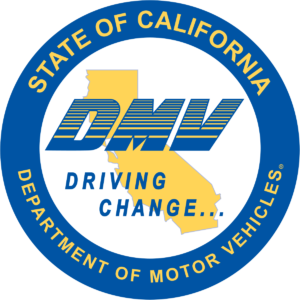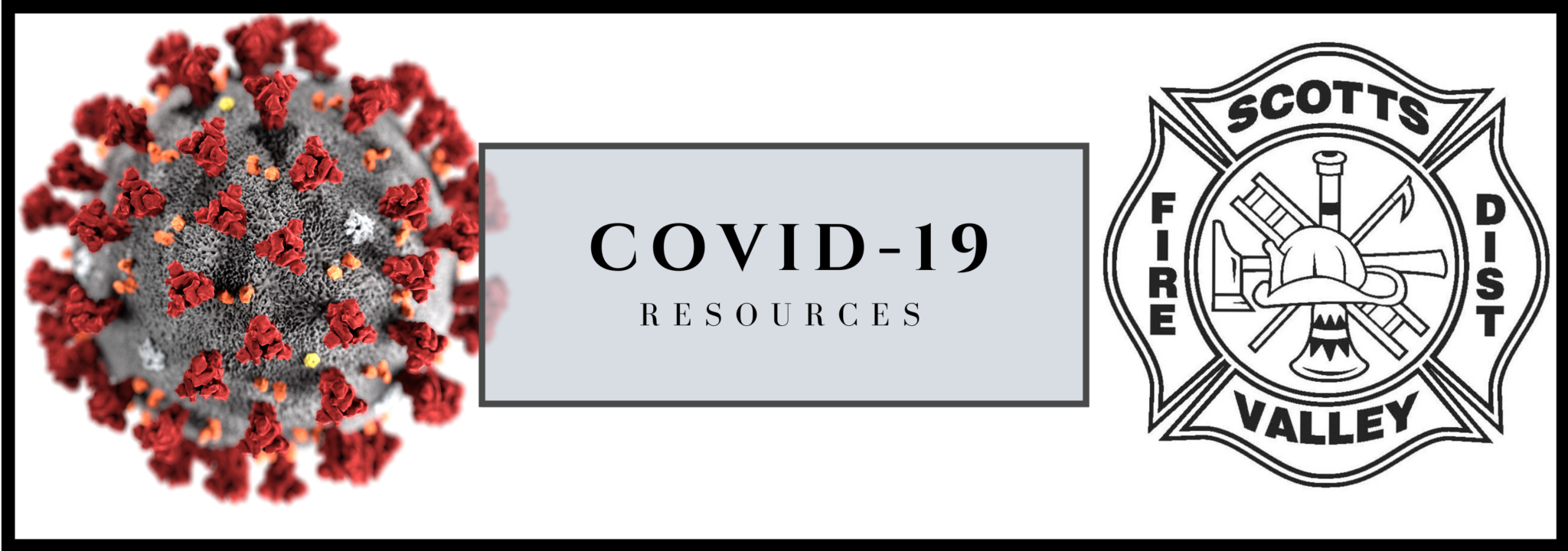
Please see the below resources for information on COVID-19 and precautionary measures to follow.
“COVID-19 is the infectious disease caused by the most recently discovered coronavirus. This new virus and disease were unknown before the outbreak began in Wuhan, China, in December 2019.”
-World Health Organization
“The most common symptoms of COVID-19 are fever, tiredness, and dry cough. Some patients may have aches and pains, nasal congestion, runny nose, sore throat or diarrhea. These symptoms are usually mild and begin gradually. Some people become infected but don’t develop any symptoms and don’t feel unwell. Most people (about 80%) recover from the disease without needing special treatment. Around 1 out of every 6 people who gets COVID-19 becomes seriously ill and develops difficulty breathing. Older people, and those with underlying medical problems like high blood pressure, heart problems or diabetes, are more likely to develop serious illness. People with fever, cough and difficulty breathing should seek medical attention.”
-World Health Organization
“The “incubation period” means the time between catching the virus and beginning to have symptoms of the disease. Most estimates of the incubation period for COVID-19 range from 1-14 days, most commonly around five days. These estimates will be updated as more data become available.”
-World Health Organization
Precautionary Measures From the CDC to Protect Yourself:
- Wash your hands often with soap and water for at least 20 seconds especially after you have been in a public place, or after blowing your nose, coughing, or sneezing.
- If soap and water are not readily available, use a hand sanitizer that contains at least 60% alcohol. Cover all surfaces of your hands and rub them together until they feel dry.
- Avoid touching your eyes, nose, and mouth with unwashed hands.
Prioritize Mental Health
The COVID-19 Pandemic effects more than just our physical health, it also can take a toll on our mental health. Please see the resource below from the National Institute for Mental Health for more information:
Precautionary Measures from the CDC to Protect Others
- Stay home if you are sick, except to get medical care. Learn what to do if you are sick.
- Cover your mouth and nose with a tissue when you cough or sneeze or use the inside of your elbow.
- If you are sick: You should wear a facemask when you are around other people (e.g., sharing a room or vehicle) and before you enter a healthcare provider’s office. If you are not able to wear a facemask (for example, because it causes trouble breathing), then you should do your best to cover your coughs and sneezes, and people who are caring for you should wear a facemask if they enter your room
- Clean AND disinfect frequently touched surfaces daily. This includes tables, doorknobs, light switches, countertops, handles, desks, phones, keyboards, toilets, faucets, and sinks.

Stay Connected!
Sign up at 211.org by entering your zip code or city and state.
- Get location specific information regarding COVID-19
- Text ‘COVID19’ to receive Coronavirus information
- Access to additional information regarding the social implications of COVID-19.
Social Media – Use it!
Social media outlets from reputable sources can be a valuable resource for obtaining up to date information as soon as it is released.
The DO’S and DON’TS of COVID-19
- DO wash your hands
- DO follow safety procedures
- DO listen to community guidelines
- DON’T panic
- DON’T ignore community restrictions
- DON’T initiate unnecessary contact with others
Social Distancing - What? Why?
What?
Social distancing is deliberately increasing the physical space between people to avoid spreading illness. Staying at least six feet away from other people lessens your chances of catching COVID-19.
Examples:
- Working from home
- Closing schools or switching to online classes
- Visiting loved ones by electronic devices instead of in person
- Cancelling or postponing conference and large meetings
– John Hopkins Medicine
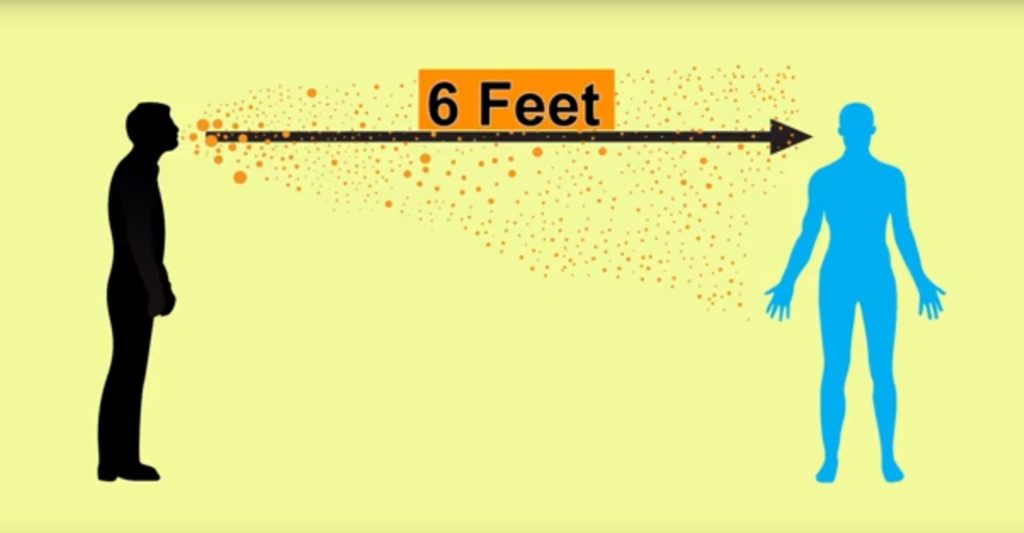
Why?
A large number of people becoming very sick over the course of a few days could overwhelm a hospital or care facility. Too many people becoming severely ill with COVID-19 at roughly the same time could result in a shortage of hospital beds, equipment or doctors.
Flattening the curve refers to using protective practices to slow the rate of COVID-19 infection so hospitals have room, supplies and doctors for all of the patients who need care.
– John Hopkins Medicine
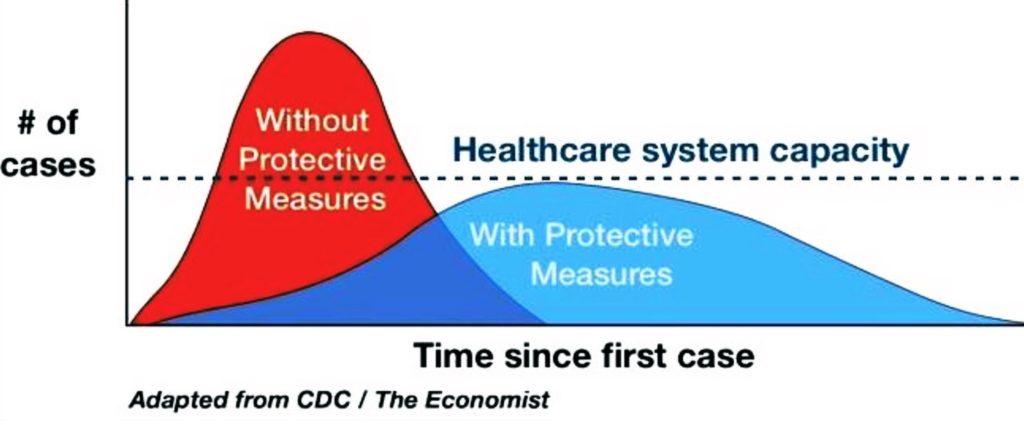
Additional Senior Resources
Check out this great website with additional resources geared towards seniors. It includes suggestions for both mental and physical health.
State and Federal Resources
Per the Office of Assembly Member Mark Stone
Unemployment, Disability, and Workers’ Compensation insurance
If you are unable to work due to having or being exposed to COVID-19, you can file a Disability Insurance claim here: EDD Disability Insurance claim.
If your hours have been reduced or your employer has shut down operations due to COVID-19, you can file an Unemployment Insurance claim here: EDD Unemployment Insurance claim.
Unemployment, Disability, and Workers’ Compensation insurance
If you are unable to work due to having or being exposed to the Coronavirus, you can file a Disability Insurance claim here: EDD Disability Insurance claim.
If your hours have been reduced or your employer has shut down operations due to Coronavirus, you can file an Unemployment Insurance claim here: EDD Unemployment Insurance claim.
If you are working fewer hours or not working because your child’s school is closed and you need to care for them, you can file an Unemployment Insurance claim here: EDD Unemployment Insurance claim.
If you are working fewer hours or not working because your child’s school is closed and you need to care for them, you can file an Unemployment Insurance claim here: EDD Unemployment Insurance claim.
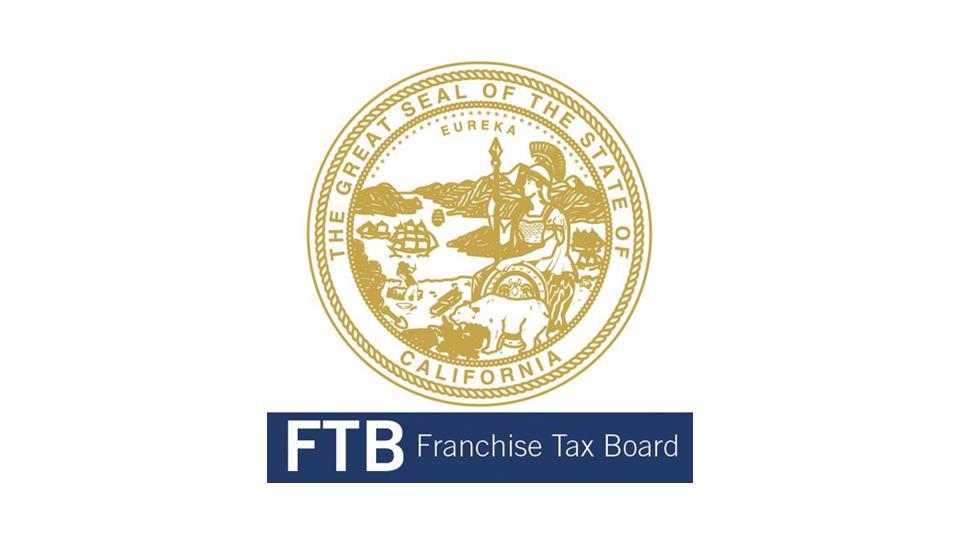
Income Tax Relief
If COVID-19 has impacted your ability to file your state income tax return on time you can file for an extension.
Affected taxpayers are granted an extension to file 2019 California tax returns and make certain payments until June 15, 2020, in line with Governor Newsom’s March 12 Executive Order.
Paid Family Leave and Sick Leave
If you’re unable to work because you’re caring for a sick or quarantined family member with Coronavirus, you can file a Paid Family Leave claim here: EDD Paid Family Leave claim.
If you or a family member are sick, there may be paid sick leave or other paid leave that is available. Additionally, employees at worksites with 25 or more employees may also be provided up to 40 hours of leave per year for specific school-related emergencies, such as the closure of a child’s school or day care by civil authorities (see Labor Code section 230.8). Whether that leave is paid or unpaid depends on the employer’s paid leave, vacation or other paid time off policies. Discuss your options with your employer, and read more about Paid Sick Leave eligibility here: DIR Paid Sick Leave eligibility.
* The Labor and Workforce Development Agency has more information about potential benefits, including informative chart displaying and explaining these benefits: LWD Coronavirus Resources.
DMV Grace Period
If your driver license or vehicle registration is expiring soon, and you don’t want to risk coronavirus exposure or transmission, the California Department of Motor Vehicles (DMV) is offering announced a 60-day extension for renewals of driver licenses and vehicle registrations with expiration dates beginning March 16, 2020. More information can be found here: DMV 60-day extension.
